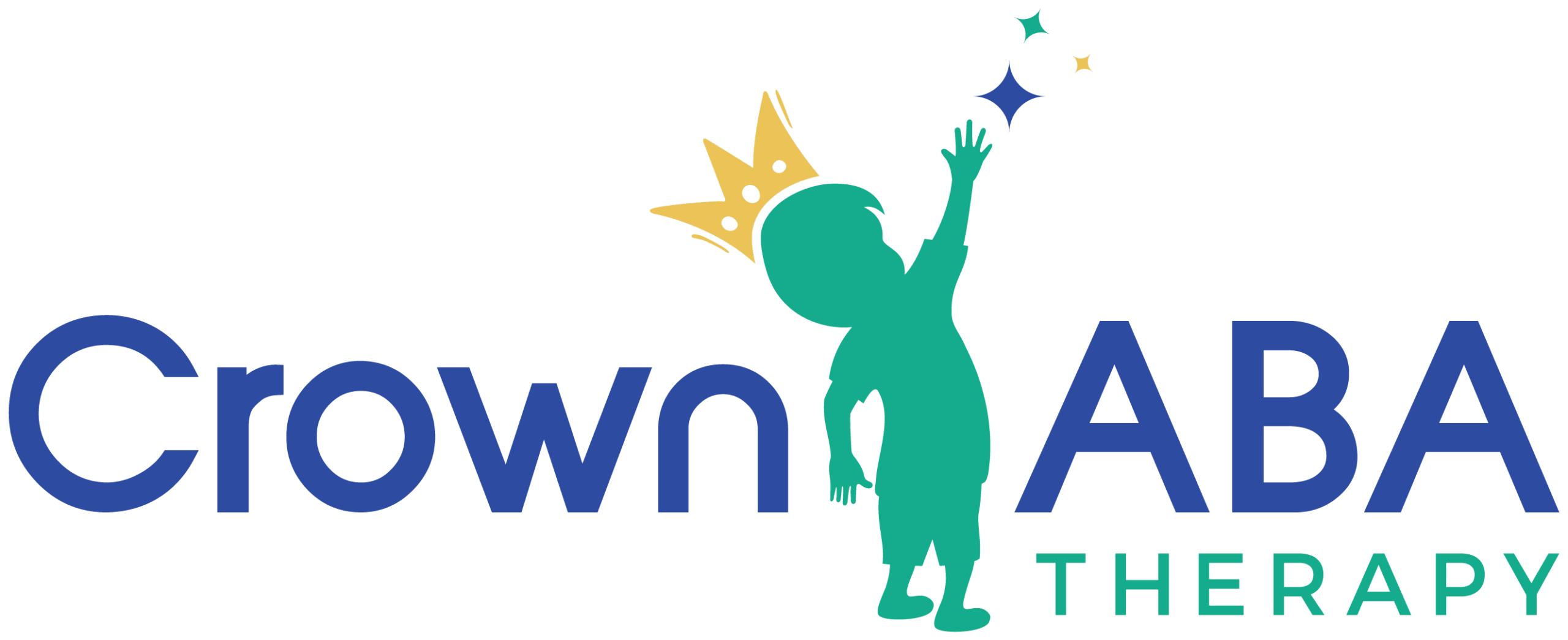Key Points:
- A great ABA therapist in Maryland combines deep expertise with emotional intelligence and adaptability.
- The ability to create individualized, data-driven programs is essential for success in ABA therapy.
- Crown ABA provides customized ABA therapy in Maryland with a focus on quality care and family collaboration.
Choosing the right ABA therapist in Maryland can feel overwhelming. When your child is diagnosed with autism spectrum disorder (ASD), finding the right kind of support is more than just important—it’s urgent. Applied Behavior Analysis (ABA) therapy can help children build critical life skills, from communication to emotional regulation. But the effectiveness of therapy often hinges on one key factor: the therapist.
So, what actually makes an ABA therapist “great”? Not just good—but truly impactful in a child’s development journey? Below, we’ll unpack the qualities, training, and mindset that separate average therapists from those who genuinely make a difference.
Clinical Knowledge Isn’t Enough—Empathy Matters Just As Much
ABA therapy in Maryland is widely recognized for being evidence-based and results-driven. But behind all the data points and graphs are real people—children with diverse needs, families juggling appointments, and parents hoping for progress.
The best ABA therapists are deeply empathetic. They listen without judgment and meet families where they are emotionally and developmentally. It’s not about offering quick fixes; it’s about long-term growth, built on trust and compassion.
In practice, this looks like:
- Using child-led play to ease anxiety during sessions.
- Taking the time to explain each step to caregivers.
- Celebrating small wins, not just milestones.
Empathy is what transforms sessions from clinical routines into meaningful experiences for both the child and their family.
Consistency, Adaptability, and Patience: The Three Cornerstones
Every child with autism is unique. Their needs, triggers, motivators, and pace of learning differ greatly. That’s why adaptability is such a critical trait in an ABA therapist.
But flexibility alone isn’t enough. Great therapists also need to maintain consistency—following behavior plans, tracking data meticulously, and keeping expectations stable. Patience ties it all together. Real behavioral change doesn’t happen overnight.
Here’s how these qualities come into play:
- Consistency
Therapists must stick to intervention plans, maintain reinforcement schedules, and ensure data is recorded correctly. Even small deviations can derail progress. - Adaptability
When a strategy isn’t working, the therapist adjusts quickly. This may involve changing the reinforcement system, tweaking antecedents, or shifting the focus of a session altogether. - Patience
Behavior change is incremental. A child may resist or regress before moving forward. A patient therapist doesn’t rush progress—they support it.
Therapists at Crown ABA embody this approach. Their team tailors every treatment plan, balancing structure with the flexibility needed to help each child thrive in Maryland’s diverse settings.
Technical Skills That Set Great ABA Therapists Apart
Even the most compassionate therapists won’t be effective without strong technical skills. ABA therapy is data-driven for a reason—it’s how progress is measured, analyzed, and refined.
The most impactful therapists excel in these technical areas:
- Behavioral Data Collection: Knowing how to collect, interpret, and use behavior data in real time.
- Functional Behavior Assessment (FBA): Understanding why a behavior occurs and designing strategies to address the root cause.
- Individualized Program Development: Creating goals that are not only SMART (Specific, Measurable, Achievable, Relevant, Time-bound) but also meaningful to the family.
- Prompt Fading and Generalization: Ensuring the child can perform skills across different environments and with different people.
These aren’t just checkboxes—they’re the core of what makes ABA therapy effective. When done right, families see real improvements in communication, daily living, and social interaction.
How to Spot a Great ABA Therapist: Key Traits to Look For
Not sure what to ask or observe when meeting a potential therapist? Use this list as your guide. Below are the top qualities that truly make a difference in the ABA therapy process.
- Strong Communication Skills
A great therapist knows how to explain complex ideas in simple language. They collaborate with families, teachers, and other professionals with clarity and respect. - High Emotional Intelligence
They’re tuned into the child’s emotional states and know how to de-escalate situations with calm and empathy. - Passion for the Work
They genuinely love helping kids. This shows in their energy, their persistence, and their ability to stay present even during challenging behaviors. - Cultural Competence
Maryland is home to a wide range of cultures and family dynamics. Great therapists respect and incorporate this diversity into therapy goals and practices. - Team-Oriented Mindset
ABA is most successful when therapists work closely with caregivers. The best professionals include families as active partners in the therapy process. - Detail-Oriented
Because ABA relies on accurate data, your therapist must be meticulous. Every data point matters, and a strong attention to detail ensures nothing is missed.
Why Family Involvement is a Game-Changer in ABA Therapy
One hallmark of high-quality ABA therapy is active caregiver collaboration. This isn’t just helpful—it’s essential.
Families spend more time with the child than any therapist ever could. That’s why ABA programs must include regular parent training, progress updates, and strategies for generalizing behavior to home and community settings.
Crown ABA places family support at the heart of its therapy model. Through workshops, 1-on-1 coaching, and consistent check-ins, they empower caregivers to confidently implement techniques outside of sessions. That’s when real change takes root.
Real-Life Impact: What You Should Expect from Great ABA Therapy
Ultimately, the goal of ABA therapy isn’t to check boxes—it’s to make life better for your child and your family. So what should you expect from a great ABA therapist in Maryland?
Here’s what long-term success often looks like:
- Your child initiates more communication (verbal or nonverbal).
- Meltdowns and aggressive behaviors decrease in frequency.
- Daily routines become easier—less resistance during transitions.
- Social interaction skills improve (like turn-taking or eye contact).
- Parents feel more in control and less overwhelmed.
These results aren’t instant, but they’re very achievable with consistent, high-quality therapy and a strong therapeutic relationship.
Summary: What Makes a Great ABA Therapist in Maryland?
ABA therapy is a powerful tool—but only when delivered by a professional who knows how to balance science with heart. A great ABA therapist in Maryland is consistent, skilled, emotionally intelligent, and deeply collaborative. They understand the technical foundation of behavior analysis while also honoring each child’s unique personality and needs.
Crown ABA exemplifies these qualities through its customized ABA therapy in Maryland. With an emphasis on family-centered care and data-driven outcomes, Crown ABA offers meaningful support for children with autism and their families.
If you’re searching for dependable ABA therapy in Maryland, reach out today to learn more about their approach and how they can support your child’s journey toward growth and independence.





